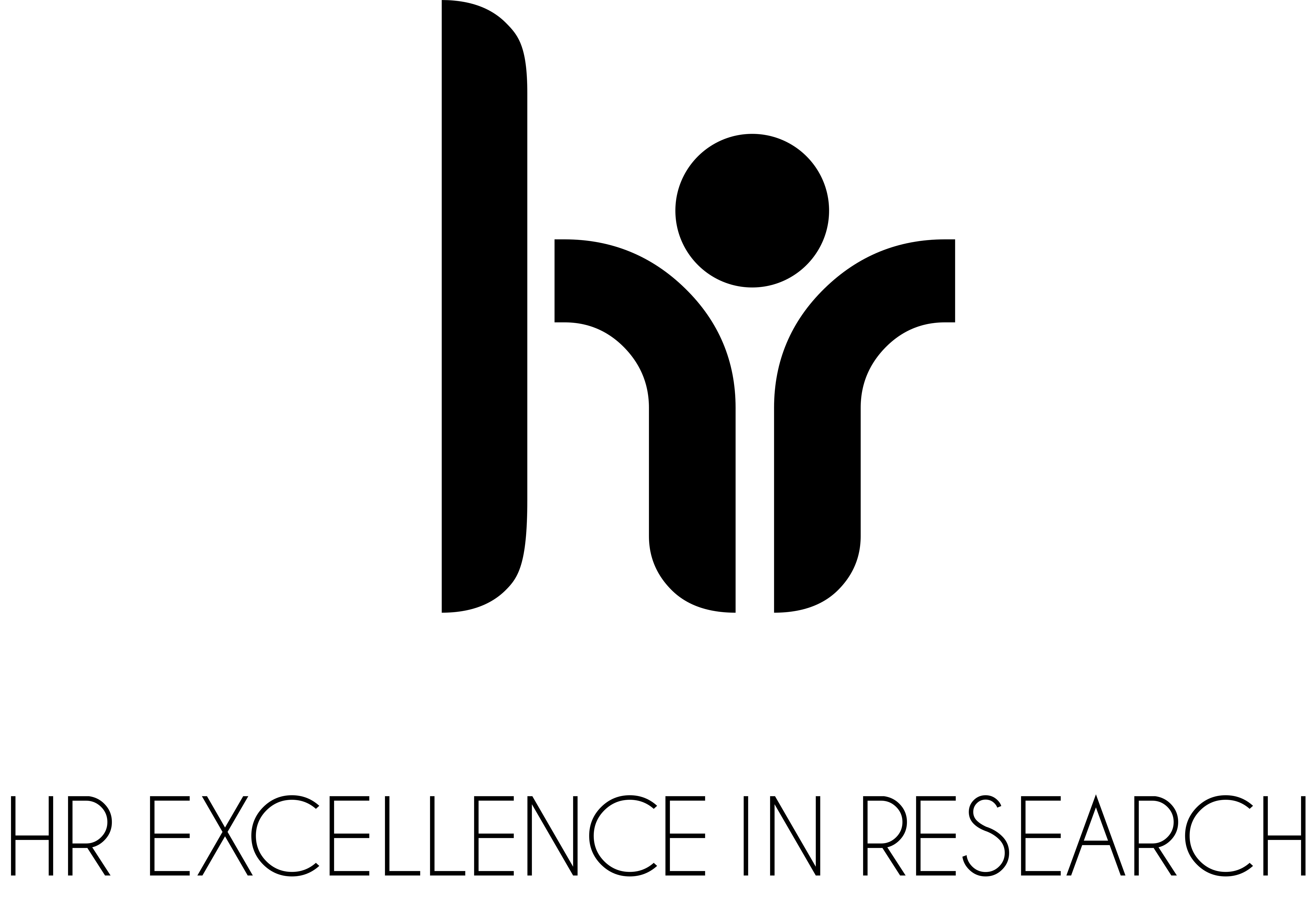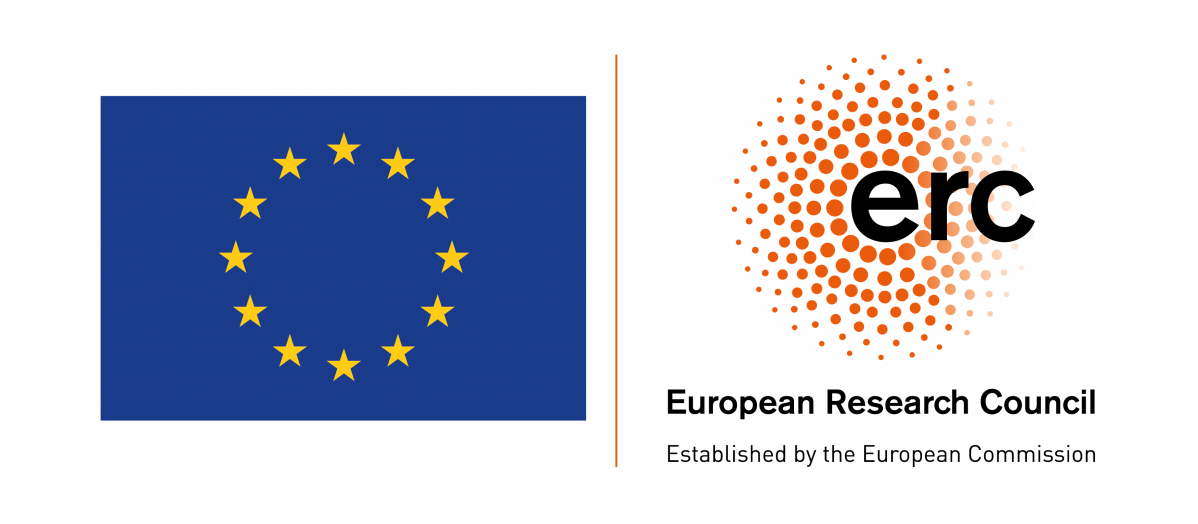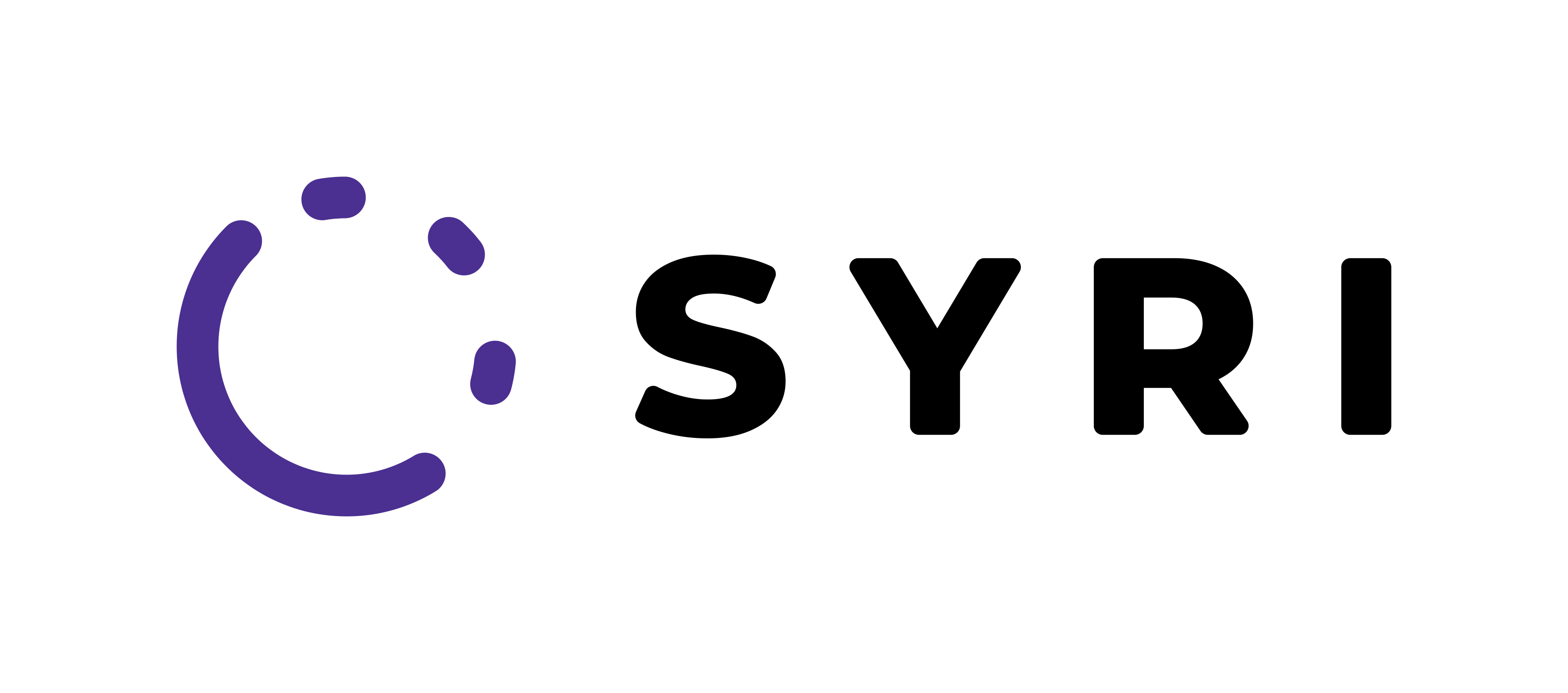Detailed information
Joris Vlieghe (KULeuven, Belgium), Piotr Zamojski (Polish Naval Academy, Poland):
Thinking education from within. On Immanence and transcendence in theorising education

Abstract
In our talk we will focus on the possibility of theorising education from within as the key aspect of post-critical philosophies of education. We take our cue from Giorgio Agamben (1999) who in his essay Absolute Immanece gives an attempt at rewriting the history of philosophy (and its future) regarding the relation that the thought establishes between Being and transcendence. Following Gilles Deleuze (2005), he claims that a path of thinking Being in terms of absolute immanence is possible, and he positions his own philosophical work as taking such a path. We found his argument very inspiring and utmost accurate regarding the situation of educational theory. The dominant discourse today is that of transcendence, viz. education is grasped via its function that it serves to some greater entity, external to itself (such as politics, economy, religion, etc.). In that sense, the dominant view on education (both: in political discourse, in educational sciences, as well as in reasoning behind private decisions) is that of transcendence: where education is regarded to be a mean to some external goal. These goals differ, and sometimes are ideologically oppositional, but they represent the same transcendent logic of positioning education as a mean. In line with Agamben (and Deleuze) we believe that purely immanent philosophy of education is possible, however, as we argued before (Vlieghe & Zamojski 2019) it requires some shifts in the ways theorising education is usually approached. In our talk we shall focus on the role of phenomenology in immanent (and therefore affirmative, post-critical) theorising of education following the examples of teaching and the relation between education and politics.
Agamben, G. (1999). Potentialities. Collected essays in philosophy (D. Heller-Roazen, Trans.). Stanford: Stanford University Press
Deleuze, G. (2005). Pure Immanence: Essays on a Life (A. Boyman, Trans.). New York: Zone Books
Vlieghe, J. & Zamojski, P. (2019) Towards an Ontology of Teaching. Thing-centred Pedagogy, Affirmation and Love for the World. Cham: Springer
Joris Vlieghe is an associate professor of philosophy and theory of education at KU Leuven (Belgium). With Naomi Hodgson and Piotr Zamojski he published a Manifesto for a Post-critical Pedagogy (Punctum Books 2018) and with the last author Towards an Ontology of Teaching. Thing-centered pedagogy, affirmation and love for the world (Springer 2019). In line with his interest in the figure of the teacher and the educational meaning of studying, his current research explores how study practices can offer a response to the issue of how to live well together with the world’s human andnon-human inhabitants in times of ecological catastrophe. He is also interested in the impact of digital technologies on education, and on the future of the school, especially when a culture of the book is (rapidly) substituted for a culture of the screen.
Piotr Zamojski is an associate professor at Polish Naval Academy (Poland). His main field of research is educational theory and philosophy of education. He has authored five books, including two recently written in collaboration with Naomi Hodgson and Joris Vlieghe (Manifesto for a Post-Critical Pedagogy, Punctum Books 2017), and with Joris Vlieghe (Towards an Ontology of Teaching. Thing-centered pedagogy, affirmation and love for the world, Springer 2019). The Manifesto for a Post-Critical Pedagogy sparked various debates in the field of educational theory and was recently translated into Spanish, German and Turkish. Developing the post-critical perspective regarding education is the main focus of Zamojski’s current research. The most recent book Education as a Public Thing (in Polish, Oficyna Naukowa 2022) reports a decade of participatory action research on building a public sphere around education in Poland. He has also published on issues of the bureaucratization of education, totalitarianism and educational theory, and the role of cultural codes in schooling. Currently he serves as a co-convener of the ECER Network 13 (Philosophy of Education).






